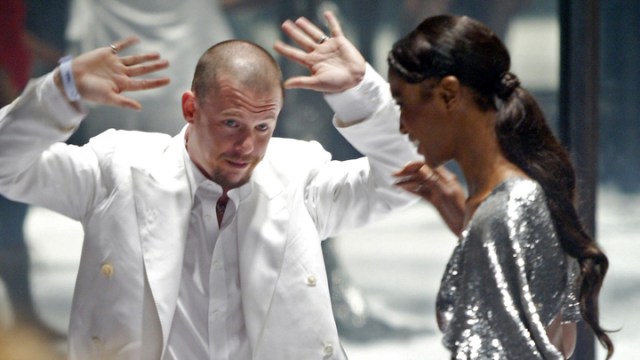Does Religious Thinking Sow the Seeds of Violence?

In his final tweet before going on a shooting spree in Baton Rouge, which left three police officers dead, Gavin Long wrote,
Just bc you wake up every morning doesn’t mean that you’re living. And just bc you shed your physical body doesn’t mean that you’re dead.
Debates regarding his mental stability will never be resolved, but the sentiment above—another ‘thing’ resides inside of our bodies that lives on—has been well documented in religious traditions for millennia. In many ways, religion is born out of this idea: the soul is what really matters; eschew the physical and focus on the moral prescriptions arising from your prophet (or the ‘voice’ inside your own head).
Over and over, we see the problem this ideology creates.
At this point in our neurological understanding, admittedly still quite young, we can recognize dualism on par with creationism. Just as evolution is a well-established fact, so it is that a body is necessary for consciousness to occur. While it is not only our brain producing it, without a body what we term ‘consciousness’ does not exist. Neuroscientists and researchers quibble over what that term actually defines. They do not argue about an ethereal version of it ‘out there’ invading what is ‘in here.’
Whether you’re a radical Islamist arguing for the destruction of Western civilization, a lone shooter with an imagined pan-African utopia, or a hopeful yogi believing the universe vibrates on bliss and is looking out for your best interests—I live in Los Angeles, for those that think the latter cannot exist—what unites these disparate notions is that there is a ‘right’ way to exist, and anything conflicting with it must be off.
Not that religious thinking does not have a place—its tribal inclinations are how humans view the world. Religion should be studied as a social science as well as couched in its historical setting. Understanding how others think alleviates our own self-righteousness about how the world ‘works,’ whether or not we agree with their assessments. It provides context for terroristic acts and methods of violence. It takes us out of our filter bubble and introduces possibility into our vernacular.
But the more we invest in a specific ideology, the more we distance ourselves from progress, and this has implications for our species on a larger scale. In his latest Netflix special, Freedumb, Jim Jefferies is less forgiving. He says,
Our fight in this world is not against Islam. It’s against religion. Because I can tell you this for sure: no one’s head has ever been cut off in the name of atheism.
If you are religious, he goes on, you might be very nice, but you’re slowing us down. He compares humanity to a train that has to keep moving forward in order to survive. At the engine are scientists “inventing medicines and surgeries for you to live longer,” as well as engineers figuring out how best to utilize the planet’s resources. They are mostly, he points out, atheists.
In the second carriage are agnostics, which Jefferies believes do not get enough flack—“wishy-washy” is one of his more generous terms. Their inability to decide creates a form of paralysis that really, in the end, says nothing; they might as well be in the back of the train.
Which is where the real problem resides. Fifty times bigger than the other two carriages combined, there are so many religious that the train meanders. Getting his biggest laugh line, Jefferies pretends to be one of the scientists up front, leaning over to say, “If I just pull this peg here…do you know how fast we’d be moving?”
Sacredness, the philosopher J. Krishnamurti said, is a fetish. The mind clings to a concept and frames reality around it, rather than observing the nature of reality, in which concepts are dangerous. He continues,
Systems make the mind mechanical, they don’t give you freedom, they may promise freedom at the end, but freedom is at the beginning, not the end.
That is, if you are not entering the system already free, only with a promise of freedom later, nothing along the way will liberate you. Fighting violence with violence only produces more of the same. Destroy all concepts and you are not bound by any of them—and you won’t make the mistakes of unnecessary violence and destruction for an invented cause.
The rightness of religion is a longtime case in point. A metaphysical philosophy on what we are always ends in disappointment and, too often these days, violence. The meat and bones of our being is the reality of the planet we share. As soon as some feel their slice should be a little bigger than others, oppression is guaranteed, if not of body than of spirit.
Is religion the problem? Right now it certainly isn’t helping.
—
Derek Beres is working on his new book, Whole Motion: Training Your Brain and Body For Optimal Health (Carrel/Skyhorse, Spring 2017). He is based in Los Angeles. Stay in touch @derekberes.





